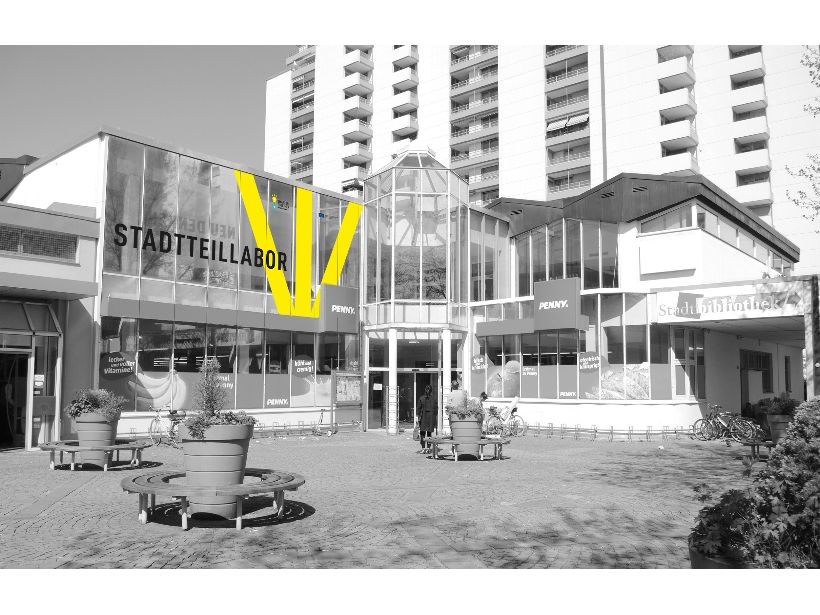Stadtteil-Labor 'Gemeinsam Gegenwart Gestalten'. Smarter Together: Smart and Inclusive Solutions for a Better Life in Urban Districts

Context and aims
As part of Horizon 2020, and through a call for Lighthouse Projects on Smart Cities and Communities, the European Commission funds consortiums of 2-3 European cities with up to 25 million Euros to implement integrated smart infrastructural solutions in three key areas: low-energy buildings and districts, sustainable urban mobility, and ICT-platforms and systems. Interestingly, the emphasis is not so much on the newness of the specific technologies and systems to be implemented - they are indeed mostly off-the-shelf technologies - but rather on their large-scale and integrated implementation in selected city-districts, as well as on their replicability. To ensure this latter aim, apart from the so-called lead cities, consortia need to include 2 to 3 so called follower cities, where successful smart solutions should be implemented.
The cities of Munich, Vienna and Lyon together with 28 partners from industry and research applied to the second call in 2015 with a proposal entitled ‘Smarter Together – Smart and Inclusive Solutions for a Better Life in Urban Districts’, and which apart from proposing specific smart solutions in the fields of e-mobility, building refurbishing, data platforms, district heating, etc, it has two major features:
1) It targets mostly large residential areas and so the aim is not to create new technology hubs or industry 4.0 clusters, but to provide so-called smart solutions for the everyday life of city dwellers.
2) Given this focus on city dwellers, there is a major emphasis on the co-creation of smart solutions.
As partners of this consortium, my professorship is in charge of two tasks:
1) Proposing a common approach to participation and citizen engagement for all three cities. This will result in a green/white paper, defining guidelines for the organization of processes of participation and co-design.
2) Developing and implementing a Stadtkatalysator; that is, an open space for citizen engagement and co-design in the city of Munich.
The project is set to begin in February 2016.